Toilet Unblocking Services Manchester
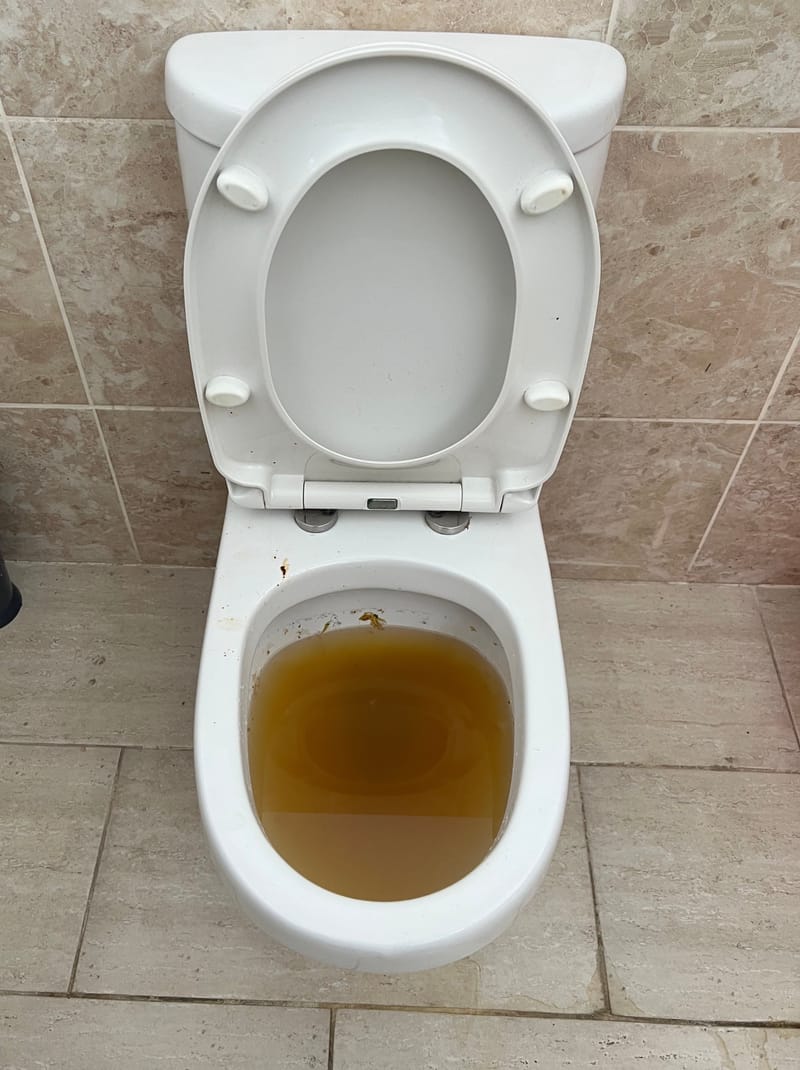
Domestic & Commercial Toilet Unblocking Manchester
Manchesters top rated Drainage Company for Unblocking Blocked Toilets
Got a Blocked Toilet ?
Toilet Overflowing ?
Toilet Draining Slowly ?
Toilet Not Flushing away ?
Need a Plumber Near me ?
In or around Manchester ?
Emergency Plumber & Drainage Engineers 24/7
Call 0161 885 3775
Our Customers just need a fast and friendly Local Plumber or Drainage Company they can trust to do the job right, Reliable, Punctual, Honest, Professional and at the right price !!!
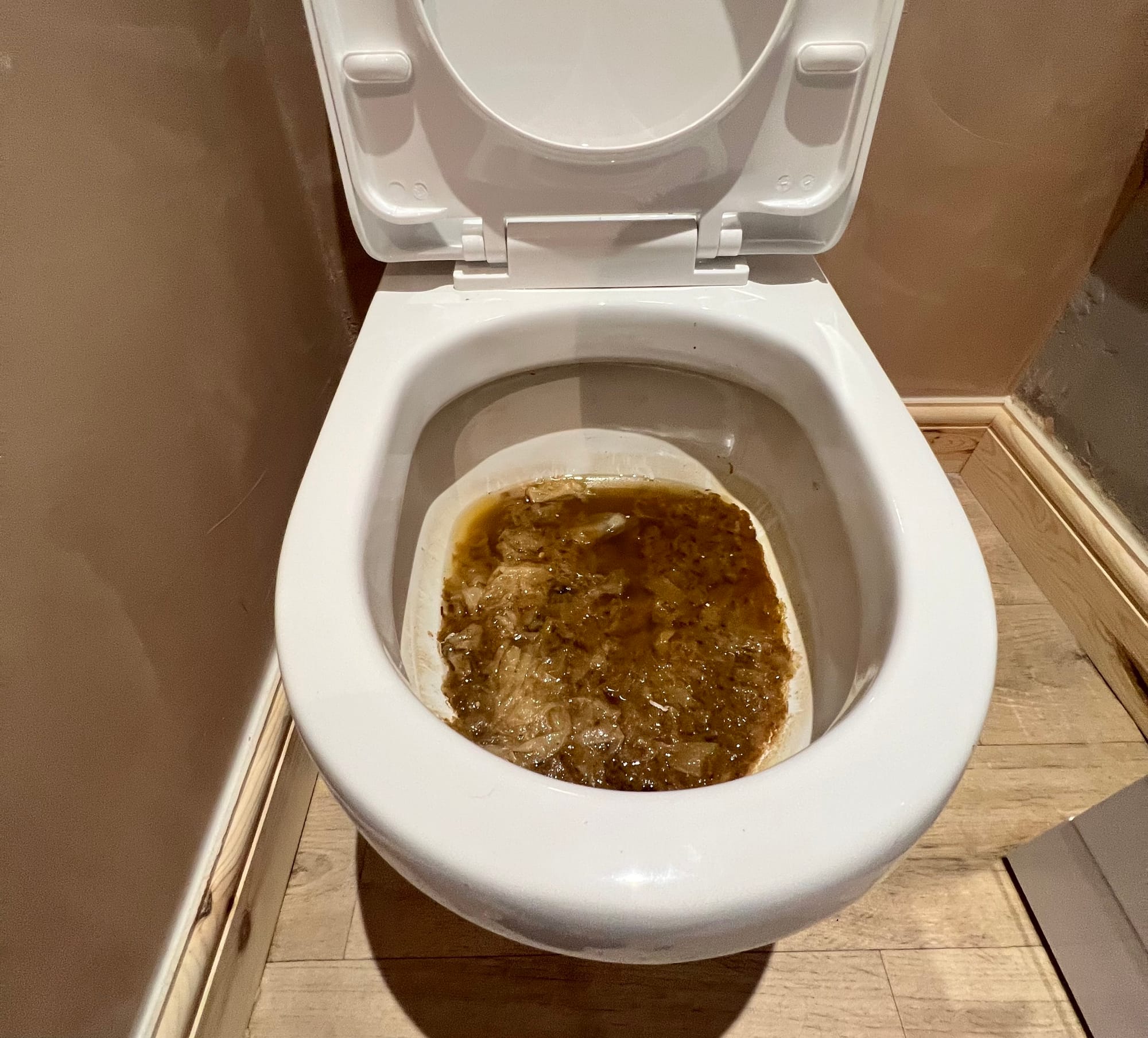
Unblock Blocked Toilet and Toilet Unblocking Manchester
Call 0161 885 3775
Quick Drains are your Local Independent Drainage Company with over 20 years of experience in blocked toilets and unblocking blocked toilets in manchester and have been completing toilet unblocking services for many years.
We don't just do toilet unblocking! We Specialise in all aspects of drainage Installation, maintenance and repair works which includes unblocking toilets in manchester and have been completing toilet unblocking services for over 20 years.
WEVE GOT YOU COVERED, if you are in our service area we deliver the fastest and best possible service to all our customers 24/7
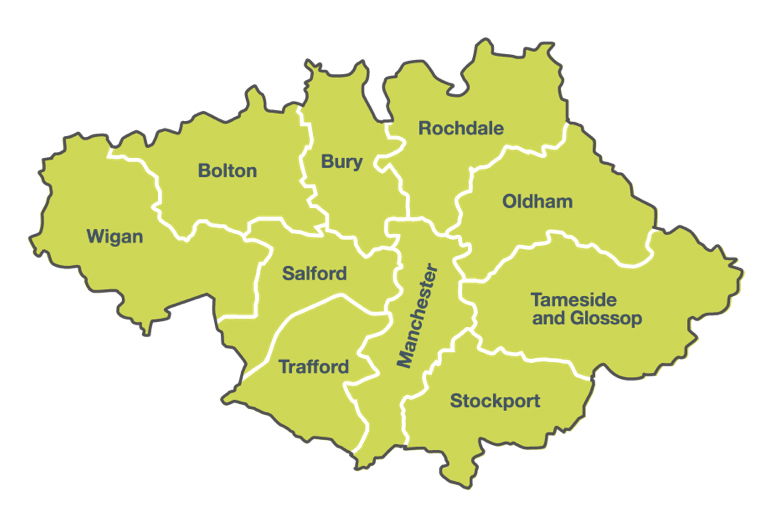
How to Unblock a Toilet that is Blocked yourself.
A blocked toilet can be a real nightmare. And for some reason, it often seems to happen at the worst possible moment. This guide explains how to unblock a toilet and how to prevent toilet blockages from happening in the first place.
Unblock a Toilet using a Plunger
The first and most common method to try and clear a blocked toilet is to use a toilet plunger, the aim here is to create a nice seal under the water and then thrusting the plunger up and down with short slow strokes, this will eventually free your blockage in your toilet and should have your toilet flushing away again in no time.
Remember to wear the right ppe, goggles, gloves and protective clothing as it can be a little splashy if you haven't done it before, please see our step by step guide below on how to unblock a toilet.
It’s so easy to panic when a toilet is blocked and trying to unblock a toilet yourself can be a daunting job if you haven't unblocked a toilet before but taking a few moments to protect, prepare and plan can save a lot of problems down the line. If you have a toilet plunger handy, follow these six simple steps to help unblock your toilet.
STEP 1
1. GATHER YOUR TOOLS
You will need the following tools and supplies to help you unblock a badly blocked toilet:
- A plunger
- Rubber gloves
- Old towels or newspaper
- Bucket
- Coat hanger
- Baking soda and vinegar.
STEP 2
2. PROTECT YOUR SURROUNDINGS,
Don’t use your best towels to soak up toilet water, and don’t try to sop up any overspill with toilet paper. Instead, use old towels or newspapers to soak up spills and protect the bathroom floor. Protect yourself with rubber gloves and wear old clothes.
STEP 3
3. ENSURE THE TOILET WILL NOT OVER FLOW,
Before you start unclogging, it’s important to ensure the toilet won’t overflow. There should be a shutoff valve in the pipe coming out of the wall behind the toilet.
- Turn it clockwise gently but don’t try to shove or over-tighten it. If it doesn’t want to move, often because you live in a hard water area, spray a little penetrating oil on the valve to loosen it.
- If you have an older toilet you’ll need to deal with the float as you won’t have a valve. Take the lid from the toilet tank – the float is the thing that looks like a ball that sinks down when the water level drops and triggers a reaction that opens the water valve to refill the tank.
- Use a coat hanger or piece of wood to keep the float upright so the tank can’t keep refilling when flushed.
STEP 4
4. MAKE SURE YOU HAVE THE CORRECT PLUNGER,
If you haven’t found an obstruction that you can remove manually, it’s time to try moving onto a rubber plunger. While this is often the simplest way to unblock a toilet, it can often be ineffective simply because you’re trying to use a sink plunger to unblock a toilet!
Toilet plungers have a fold out flange that folds up into the plunger cup when not in use – plungers without this flange are for sinks. The flange creates a secure seal, which speeds up the process, by completely covering the hole. A toilet plunger should also be completely submerged in water to work, so if the toilet isn’t full of water, you may need to add some using the bath, or sink, and your handy bucket.
Tip: Soften the toilet plunger by soaking it in hot water for five minutes before use. This should make a better seal and will tend to perform more effectively.
STEP 5
5. CREATE A VACUUM WITH THE PLUNGER,
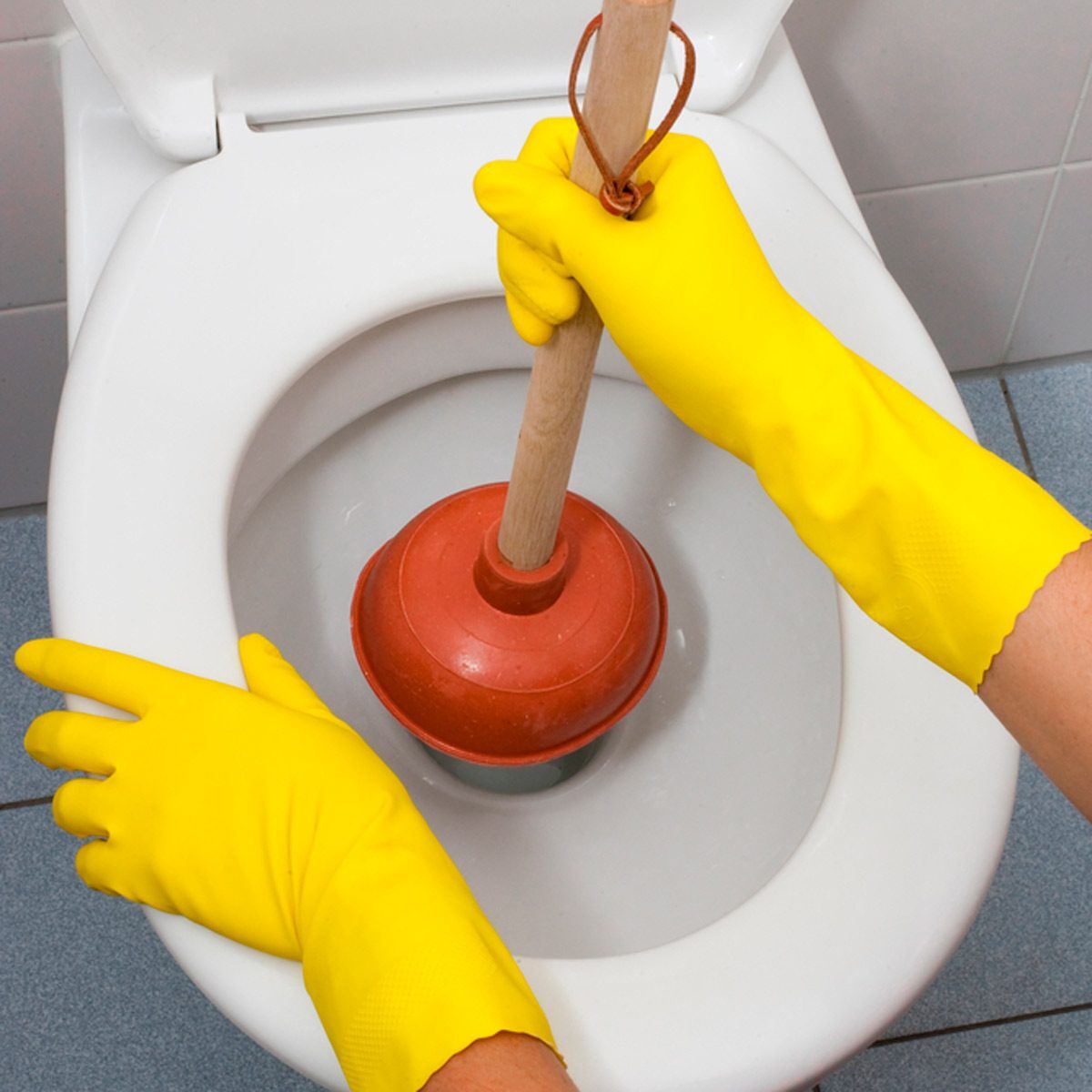
Place the plunger under the water, completely covering the pipe. Slowly and firmly push down to create a seal, then pull up to create a vacuum to dislodge the blockage. Repeat this activity, increasing the speed with which you work, and expect to continue for at least 15 minutes.
With any luck you will find that the water drains and the blockage is either sucked out or dissipated. If the toilet drains but the blockage doesn’t go away, fill the toilet with more water, back to its standard level, and then start plunging again. Stubborn clogs, especially those composed of hair and/or moist toilet wipes, can require several rounds of plunging.
STEP 6
6. CLEAN UP
Once you’ve used your plunger, it’s important to give it a good clean. The easiest way is to wash it off in the toilet while flushing the toilet a few times.
This also serves to keep any blockage moving away from your property into the mains drainage which has a bigger bore. To disinfect a plunger that’s been in contact with nasty stuff, pour household bleach and washing liquid into the toilet bowl, put the plunger head in the mixture and swirl around for a few minutes, then rinse as above using the toilet flush.
PLEASE NOTE:
Before attempting to unblock a toilet using a plunger you should always check that there is not a flexible pan connector, connecting your toilet to your soil pipe or drain.
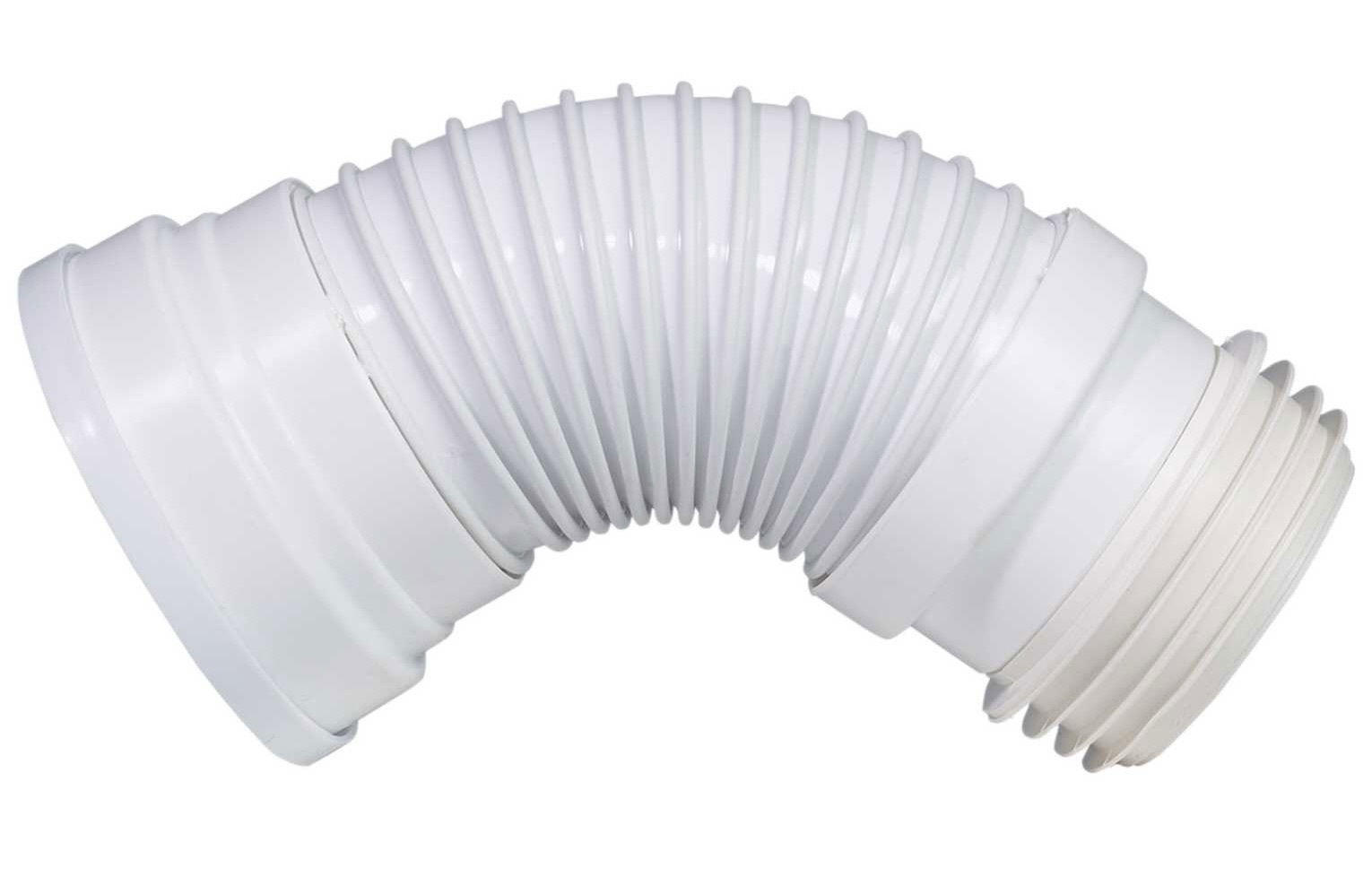
If you do have a flexible pan connector we would advise you NOT to plunge your toilet as the pressure and movement you create from plunging can pop this off the back of the toilet and you will end up with the contents of the blocked toilet being all over the floor and poo all over the place.
Calling Quick Drains Manchester 0161 885 3775 would be a good option at this point as we are very experienced in unblocking toilets with flexible pan connectors on them.
Emergency Plumber Near Me to Unblock Toilet Manchester
Call 0161 885 3775
Ways to Unblock a Toilet without using a Plunger
Few things are more annoying than a blocked toilet – but a blocked toilet when you don’t have a plunger to hand is definitely top of the annoyance list. This situation usually happens:
- On holiday – When you don’t know the plumbing and don’t have the necessary tools to hand.
- Late at night – When you know that a plumber won’t show up until the morning and you just can’t wait.
Begin by putting down newspaper around the toilet to catch any spills or splashes and pulling on your rubber gloves. Begin by collecting a few household items that will help you unblock your toilet:
- Rubber gloves
- Old newspapers
- A bucket
- Washing up liquid
- An empty plastic bottle
- A coat hanger
- Baking soda and vinegar
- Cling film.
Here are 4 of the best ways to unblock a toilet without a plunger:
Method 1
1. WASHING UP LIQUID
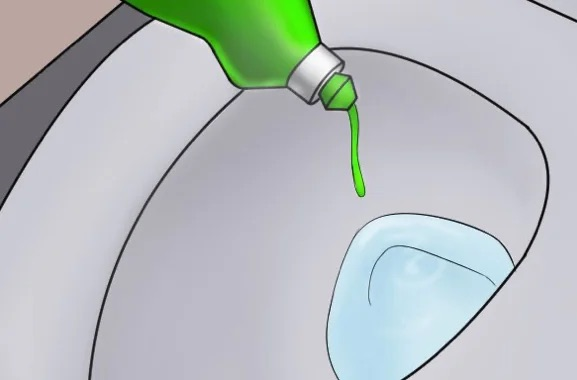
The first attempt to unblock your toilet without a plunger should be ordinary washing up liquid. Pour around half a mug-full into the toilet, dripping it around the bowl so that it forms a ring around the waterline and then criss-crossing the water itself.
Leave for half an hour to dissolve the clog somewhat and then fill your bucket with hot water and pour it into the toilet from about waist height – the force of the water will help to dislodge the blockage.
Leave for a further ten minutes and then flush. With any luck, this will completely remove the blockage. However, even if it doesn’t dissolve whatever it was that clogged the toilet, watch out for the water level dropping. If that happens, repeat the process again with the washing liquid and hot water and you should find that it dislodges the rest of the obstruction.
To ensure the material that has clogged the toilet is completely dispersed, immediately put a mugful of baking soda and two mugfuls of vinegar into the toilet bowl. Let this bubble away for at least thirty minutes to break up any remaining material that is clinging to the sides of the toilet and then flush again.
Method 2
2. CLING FILM
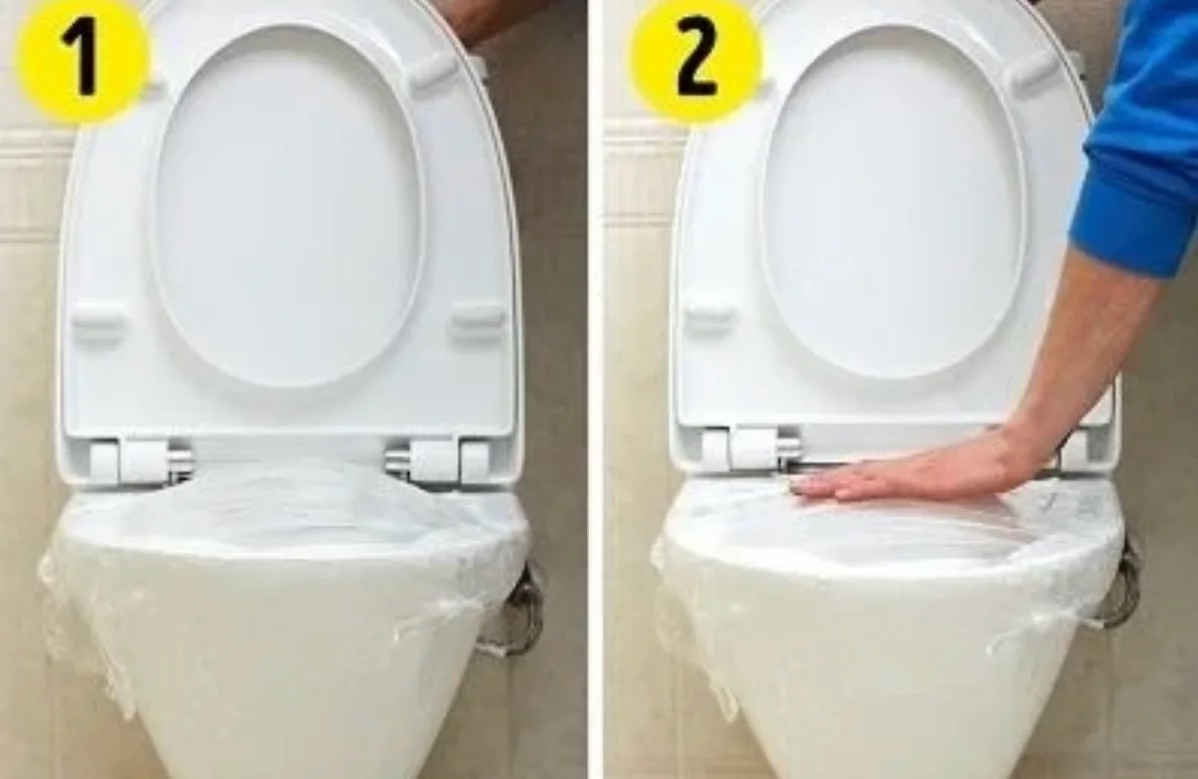
This toilet clearing measure has a mixed reputation. It seems to depend on the water pressure in your toilet system – so if you have high pressure, this works really well, but if you have low water pressure then it’s often ineffective. Because it’s a low invasive method it’s often a really good one to start with.
Make sure the surface of your toilet is dry, using an old towel. Cover your toilet bowl with three layers of cling film, ensuring that the whole area is covered and you have pressed the cling film firmly down onto the porcelain, to make a good seal. When you flush the toilet, you should find that the cling film will balloon upwards as a result of the pressure of the flush. Push down slowly on the raised clingfilm to reverse the suction and ease the blockage down into the main drain.
Method 3
3. PLASTIC BOTTLE
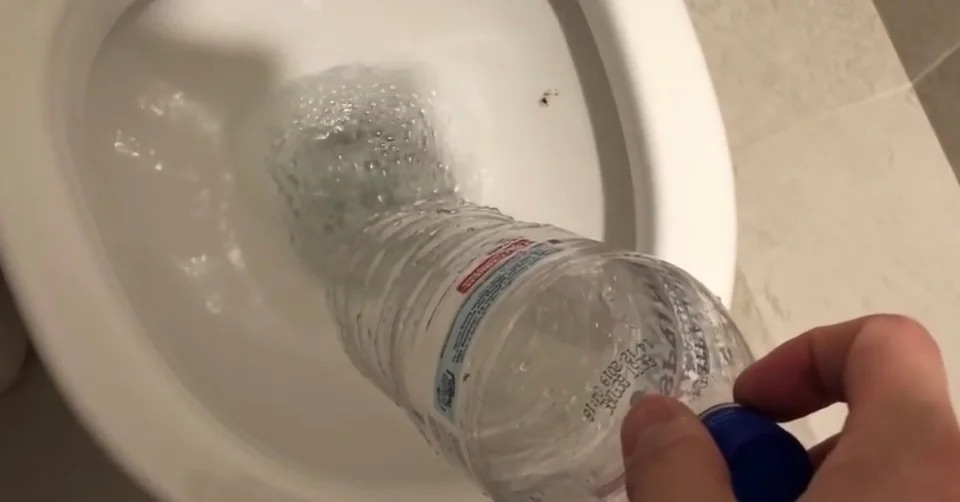
There is one level of unpleasantness worse than having a blocked toilet and no plunger, and that’s having a blocked ‘full’ toilet and no plunger. Honestly, this can become a little messy, but it’s often very effective.
You need to begin by putting on those rubber gloves and some old clothes and making sure your newspaper is in place. To make this work you need to bail some of the water out of the toilet, you can do this using a small (and disposable!) container and pour it into the sink or a bucket.
When you’ve removed a degree of water so that you can get your hand into the toilet bowl without causing water to slop over the side, take a large plastic bottle and cut the bottom off. Either replace the lid or put your thumb over the top to create a vacuum. If your thumb isn’t big enough to cover the neck completely, use some cling film and an elastic band to create a seal that operates like the lid.
Now push the open end of the bottle into the toilet bowl and plunge it up and down vigorously, ensuring that it remains completely under the water. This creates a vacuum within the pipe that actually sucks the blockage back into the main drain.
Method 4
4. COAT HANGER
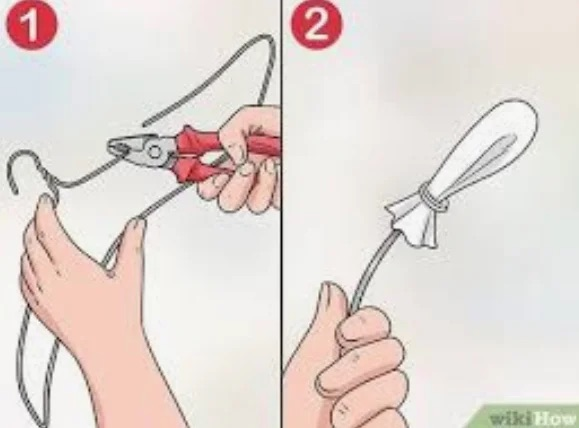
Have a Blocked Toilet in Manchester ? & Can not unblock the toilet yourself ?
Having a blocked toilet that won't flush away is not usually a pleasant experience, especially when you can not unblock your blocked toilet yourself. If you have a second toilet then this creates a less stressful experience however many homes and work places ie offices with blocked toilets in manchester only have one primary loo.
If you have tried plunging your toilet and it is still blocked this could Meen you have a deeper problem and instead of this being a blocked toilet it may actually need your soil stack or drain pipe checking for a more serious problem, asking your neighbours if they have a problem could be something you can try.
We deal with blocked toilets, stacks and drains in and around manchester every day and there are not many sights our engineers have not seen.


